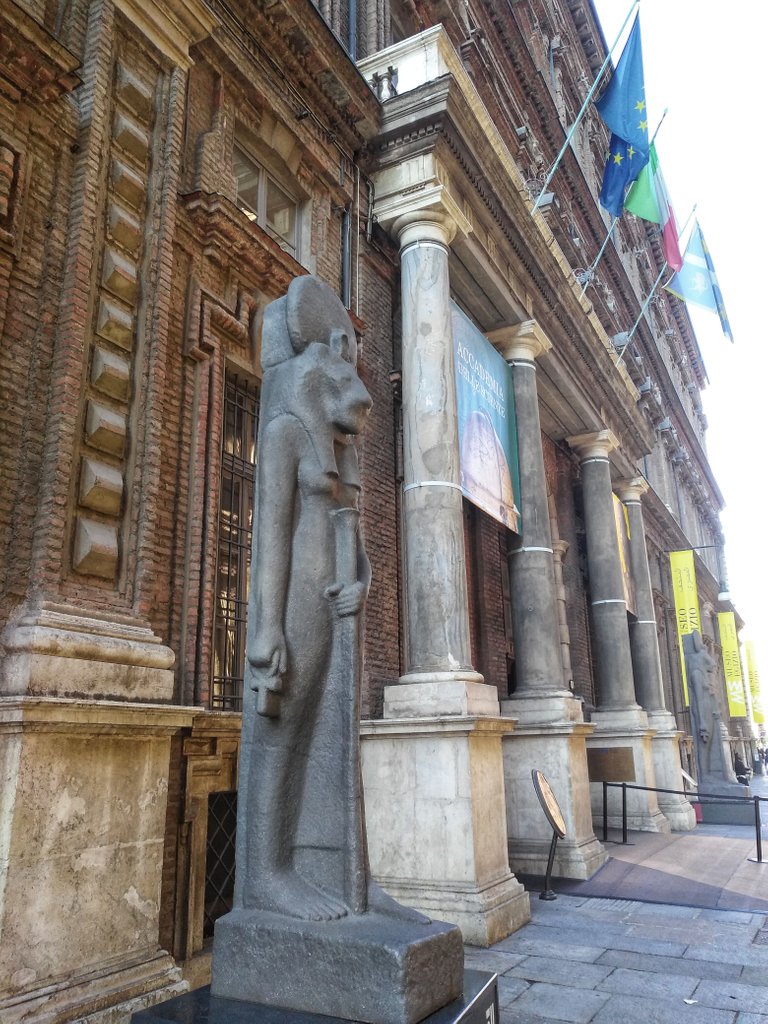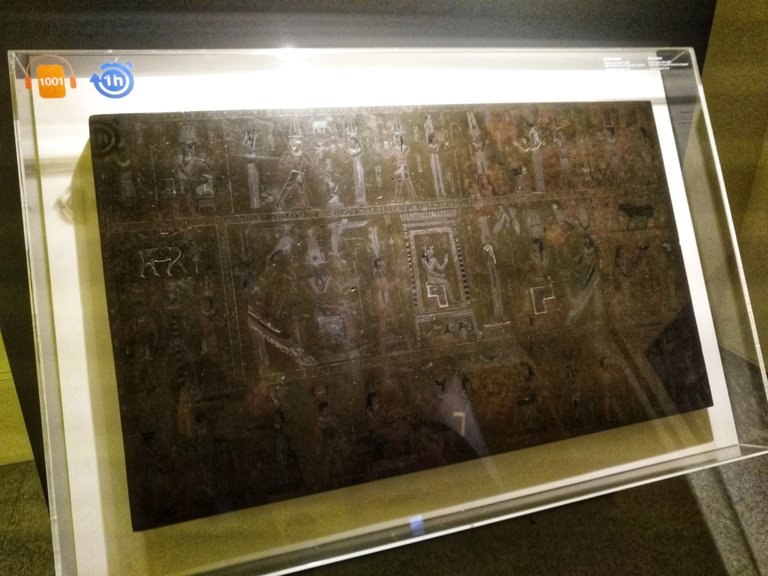From today, I would like to share with you the visit of Museum Egypt of Turin for looking back the precious Egyptian history and its fabulous antiques. Hope you will enjoy this journey.

The museum its own history
The Museo Egizio of Turin as we know it today is the result of a 400 years long process, which starts with the first Egyptian antiquities acquired by the House of Savoy in the 17th century. Later, the purchase of the Drovetti collection in 1824 allowed the creation of the first Egyptian museum. The first antiquarian period was dominated by the urge to collect and the love for the fine arts, but finds another distinctive trait in the insightful choices of Drovetti and his agents, who also collected objects that were not especially exquisite or valuable, but nonetheless useful as documents of the history of ancient Egypt. At the same time, Jean-Francois Champollion deciphered hieroglyphic writing and thousands of objects thus stated to talk, laying the foundation for the development of Egyptology. This second period was marked by excavation campaigns led by Ernesto Schiaparelli in Egypt in the first two decades of the 20th century, which yielded over 25,000 new objects for the museum.

Mensa Isiaca witness the history of Museo Egizio
In the early 17th century, with the aim of enriching the capital of the kingdom with major art collections, the House of Savoy begon systematically collecting and acquiring monuments for the 'Grande Galleria', a large gallery designed to contain Greek and Roman finds and also to provide a single location for housing antiquities from the Savoy collection. The royal collection includes a wide variety of objects, many of them from excavations carried out in Turin, others from a part of the collection of the Gonzagas. One of the artefacts that formed part of the Savoy collection was the famous Bembine Table of Isis (also known as the 'Mensa Isiaca'), wikipedia, a bronze altar tablet with damascened silver, copper and niello alloy inlay, entirely covered with writing and figures inspired by Egyptian themes, with a figure of the goddess Isis seated on a throne in the centre. The tablet came to light in 1527, although not authentically Egyptian , this exceptional artifact was made around the first century AD, probably in Rome, to decorate the altar of a temple dedicated to the goddess Isis possibly the Iseum Campense. From as early as the mid 16th century, its discovery had led to numerous studies aimed mainly at interpreting the hieroglyphic signs, which were later discovered to be purely decorative and quite meaningless. Now this antique is displayed at the entrance of museum, it will be the first object you can see after you enter the museum. [//]:# (!steemitworldmap 45.0684296 lat 7.6843041 long ME d3scr)


In the next post, we will start to enter the Predynastic period, which spanning more than a thousand years, the Predynastic period when the basic features of pharaonic Egypt were first defined.

Thanks for your reading !
The original post belong to @victory622 Please feel free to upvote, comment and follow me @victory622
great post, knew half the information but like they say you learn something new everyday, check my blog i have pictures from the british museum you'll find interesting if you enjoyed this
Egypt is very beautiful country, the photos are amazing.
every country history is important because child's are learning with history.
I agree, I met children visited this museum.
Congratulations, Your Post Has Been Added To The Steemit Worldmap!
Author link: http://steemitworldmap.com?author=victory622Post link: http://steemitworldmap.com?post=victory-s-museum-trip-ii-the-museo-egizio-of-turin-i
Want to have your post on the map too?
@originalworks
我怎么有一种埃及的错觉?
Last year I went to a temporary exhibition this Museum in St. Petersburg. The exhibition was called "the Valley of the Queens". She made a huge impression, especially liked to examine how varied over time, writing. It seemed to me that the closer to the Roman conquest, the easier it was symbols and drawings. Is that so?
Wow, it is a very academic question. I am not the expert in this field, I just visited this museum, sorry cannot give you the correct and detailed answer.
sorry, that's the first thing I noticed)
I liked your article about the Museum .
Thank you very much you like my article. I will try my best to show this museum entirely.